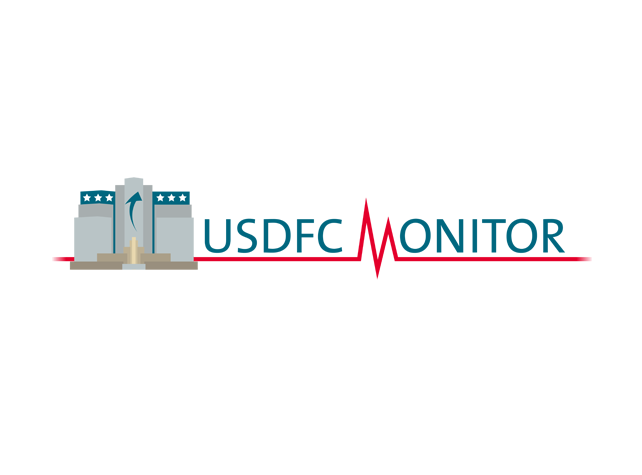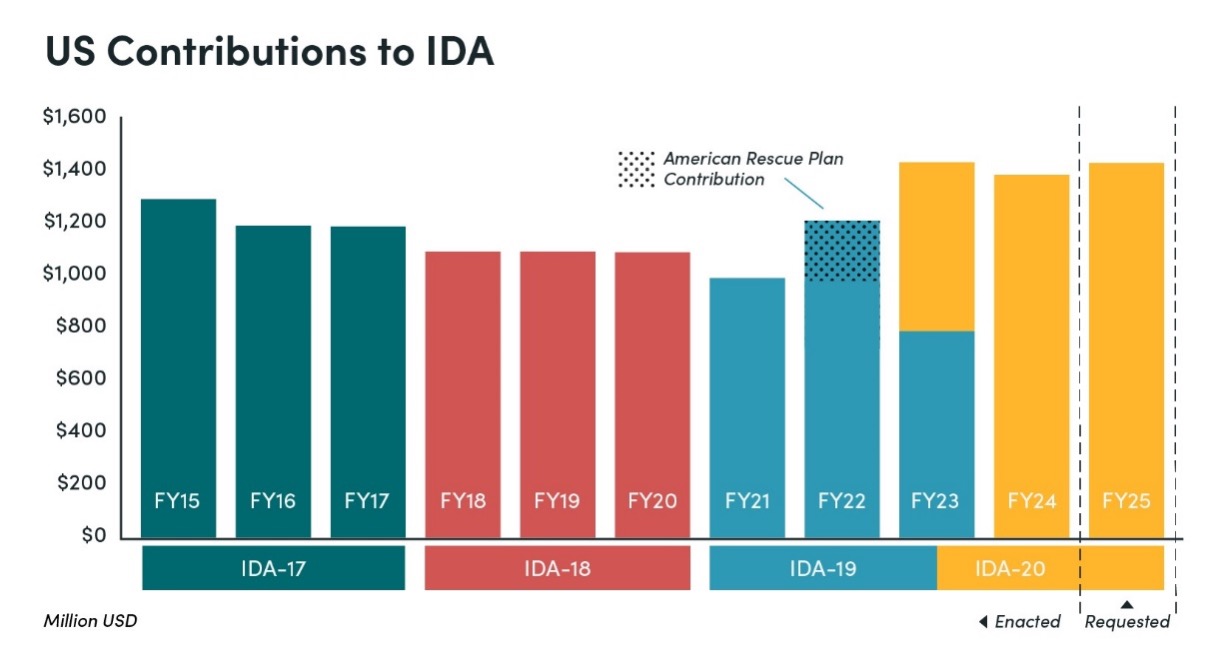Last week, the DFC board formally approved Andrew Herscowitz (appointed by DFC CEO Adam Boehler with the support of USAID’s Mark Green) as the agency’s first Chief Development Officer (CDO). Herscowitz is a familiar face for the international development community, having served as the Power Africa Coordinator since its inception in 2013.
The CDO should be a key driver of DFC’s transition from a transaction investment outlet to a full-service development finance institution. It was a big gamble to establish DFC. The BUILD Act effectively doubled OPIC’s exposure limit, merged it with USAID’s Development Credit Authority (DCA), provided it with equity authority (even though this remains a work in progress!) while also mandating it to seek development impact in tougher markets. And the outcome of this high stakes bet will partially rest on how the CDO executes the responsibilities outlined for it in the BUILD Act—assessing the development performance of DFC’s overall portfolio, developing and implementing a system for projecting each project’s impact and coordinating with the interagency, especially USAID and MCC. From day one, Herscowitz will need to set an institutional culture that incentivizes teams to go after deals with strong development impact, and harness the tools of other US development agencies to help advance the new institution’s development goals. And he won’t be able to do it alone. Power is in numbers, and the CDO will need a strong team to chart this course.
Here are three broad areas we will be watching as the CDO settles into his new role.
1. Putting “development” in the finance institution.
The BUILD Act directs DFC to prioritize low and lower middle-income countries. We know from experience that building portfolios in these countries is hard. DFIs often pay lip service to their development mandate, but internal pressure to go after bigger and safer deals in established markets can prevail. After all, projects in smaller markets tend to be more expensive (i.e. costly to find and bring to bankability) and riskier than CFOs are often willing to tolerate. DFC will also face pressure to demonstrate its usefulness in pursuing foreign policy priorities—which may not always be strongly linked to development. While DFC’s Board will be ultimately responsible for ensuring the agency’s portfolio is weighted towards development, the onus will be on the CDO to ensure that DFC builds a credible system to measure and track impact and ring the alarm bells if things go off track. (This is why the BUILD Act set out that the CDO reports directly to the Board and not management.)
2. Building systems to measure impact.
One of the first and most critical tasks for the CDO will be to support the operationalization of DFC’s Impact Quotient (IQ) scoring system. This tool will use a standardized methodology to score each project’s expected development impact from 0-100. The IQ system will allow the Board and senior management to be clear-eyed about the likely development impact of the projects they approve and help inform when DFC should pass up projects that are unlikely to deliver results. This should, in turn, incentivize teams to go after higher impact deals. The next step for the CDO will be to ensure DFC builds a monitoring system to assess how well investments are performing relative to their IQ score. This information can help teams address shortfalls during implementation—and gather data that can inform future IQ calculations. Since OPIC’s monitoring system relied heavily on self-reporting based on client surveys, it wasn’t very robust. Building a serious monitoring system, therefore, could be a key innovation for DFC. Beyond monitoring, the CDO can also define DFC’s broader learning agenda, identifying pressing evidence gaps in private sector development and prioritizing evaluations and other analyses to fill them. For all of this, building a well-staffed Office of Development Policy will be critical.
3. Linking DFC to the broader development system.
A key responsibility for the CDO set out in the BUILD Act is to coordinate DFC’s development policies and implementation efforts with USAID, MCC, and other relevant US government departments and agencies. Building a high impact portfolio will be contingent on the institution’s ability to forge strong linkages with key USG agencies. For example, USAID can support monitoring and evaluation and identifying possible projects, the State Department might also have a role to play in project origination, Treasury can promote collaboration with the multilateral development banks, and MCC can offer guidance on both beneficiary and cost-benefit analysis as well as insight into potential investment opportunities. The CDO will have his work cut out for him building a robust coordination mechanism that incentivizes contributions from the right people at the right agencies, at the policy and transaction levels, both in Washington and in the field.
Watch this space for a forthcoming policy brief in which we explore opportunities and challenges ahead for DFC’s coordination with the US government interagency.
CGD blog posts reflect the views of the authors, drawing on prior research and experience in their areas of expertise.
CGD is a nonpartisan, independent organization and does not take institutional positions.






